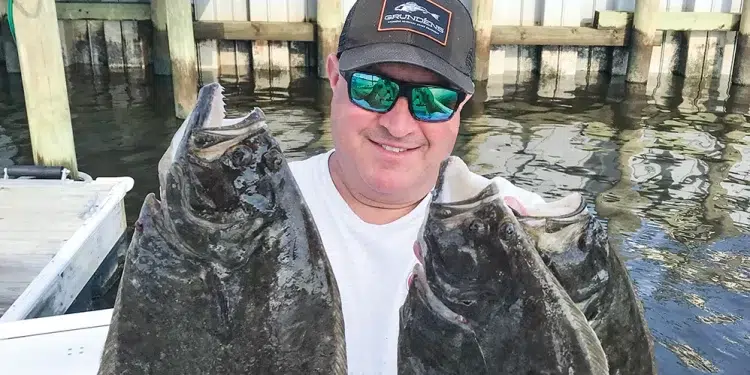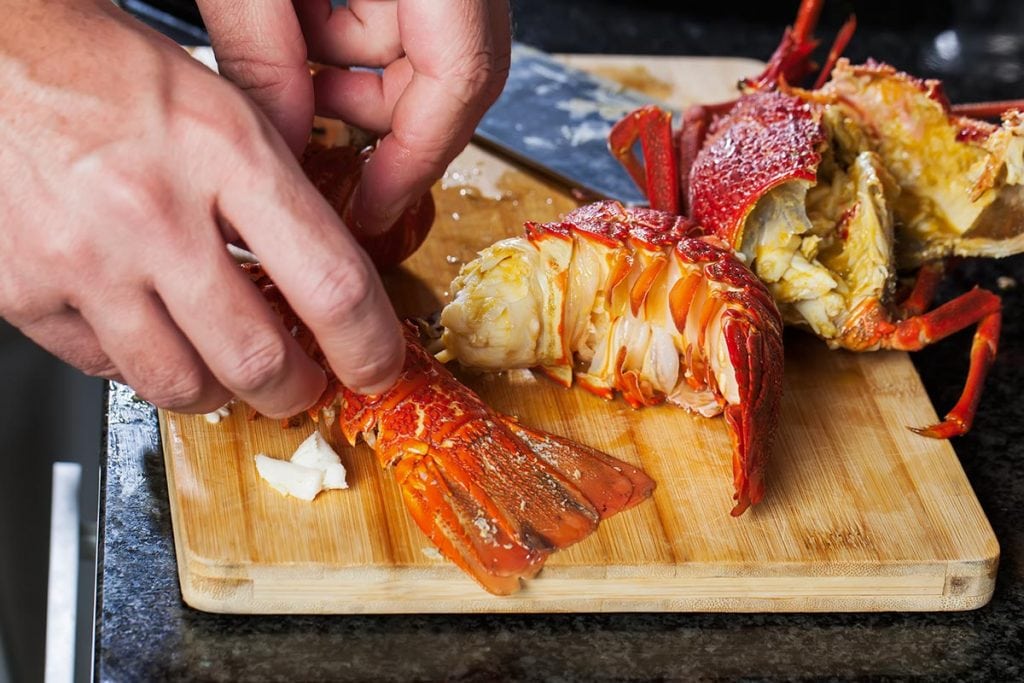May Fishing Season – A Welcome Prime Time on the Fishing Front
Anglers watch and wait as warm waters bring their favorite targets up the coast.
Of all the months that tug at my heart, May is my favorite when it comes to fishing. While there’s a lot to be said for the fall run, of course, the fish this month are ready, willing, and inquisitive—and the entire season still lies ahead with plenty of promise. With waters warming, each new day brings increasing possibilities as anglers track the progress of their favorite targets advancing steadily up the coast.
In Florida, for example, tarpon have, by now, arrived at the major Gulf Coast inlets such as Boca Grande and the mouths of Tampa Bay and Port Charlotte while snook fishing and redfish action are also hitting full stride. In the Keys and along the East Coast of the Sunshine State, May sees mahi madness as the speedy, feisty, and delicious golden-flanked delights come within easy reach of much of the fleet.
“There’s always action in May here with wahoo, sailfish, and mutton snapper, but for downright fun and great eats, you absolutely must experience our mahi run,” says Capt. Glenn Cameron of the charter vessel The Floridian, out of Stuart, Florida (captaincameron.com). “We’ll troll naked or skirted ballyhoo baits along edges anywhere from eighty- to five hundred-foot depths when looking for mahi. Typically, they’ll run eight to twenty-five pounds, but some exceed fifty pounds. The key is to have an east wind because it drives the fish closer inshore.”
Sliding up the coast to North Carolina, Capt. Gary Dubiel of Spec Fever Guide Service (specfever.com) says May offers a triple play on redfish, sea trout, and striped bass in the Neuse River, Pamlico River, and Pamlico Sound. “Our topwater fishing this month is really good. Sea trout and redfish are our mainstays, but as the stripers return from their upriver spawning grounds they mix in and add even more spice to the catch.”
Dubiel works relatively shallow inshore waters paralleling marsh edges or around oyster reefs and rough shorelines that hold bait. Any sign of baitfish movement, he says, requires a cast.
“You’re using the noise and splash of your lure to draw the bite, so any topwater can work,” Dubiel says. “My favorite style is a walk-the-dog-type bait, like the Rapala Skitter V, but the Storm Chug Bug is a good choice if you need a topwater lure that’s a little more user-friendly.”
In the Chesapeake region, Capt. Bobby Marshall, who sails from Tilghman, Maryland (classactcharterfishing.com), likes rockfish (striped bass) as his top May choice. “Our ‘trophy striper season’ runs from May first through fifteenth, and you can keep one fish at thirty-five inches or larger,” he says. “After that, you can keep two fish between nineteen and thirty-six inches. There’s about one hundred and fifty miles off good rockfish water on this bay between Maryland and Virginia, but be sure to check the regulations for the state from which you sail.”
Marshall generally trolls single parachute lures at depths of 12 to 20 feet along the edges of main channels to connect. An overlooked May choice in these waters is blue catfish, he adds. “They are an invasive species that run up to twenty, thirty, or even one hundred pounds. Target them with a fish-finder rig baited with a piece of cut bunker. They’ll give you a real tussle, have delicious white meat, and cook up real fine in an air fryer.”
Heading up into New Jersey, New York, and southern New England waters, striped bass are also on the menu by now, but you might want to first get in a few innings with fluke and weakfish. “When the terns show up over bay waters in May, it’s time to make your move,” advises Capt. Joey Leggio of Oceanside, New York (youtube.com/fishinglongisland). “Fluke fire up in the bays before they start hitting in ocean waters. Bounce the bottom with a bucktail tipped with a thin strip of squid or Fat Cow Eel Tail trailer, and you might nail the season’s first weakfish as well. At the same time, stripers should be starting to show around hard structure like bridge abutments. Add a couple casts there, and you could pull off a trifecta with a multi-species bay day in May.”
-by Tom Schlichter















